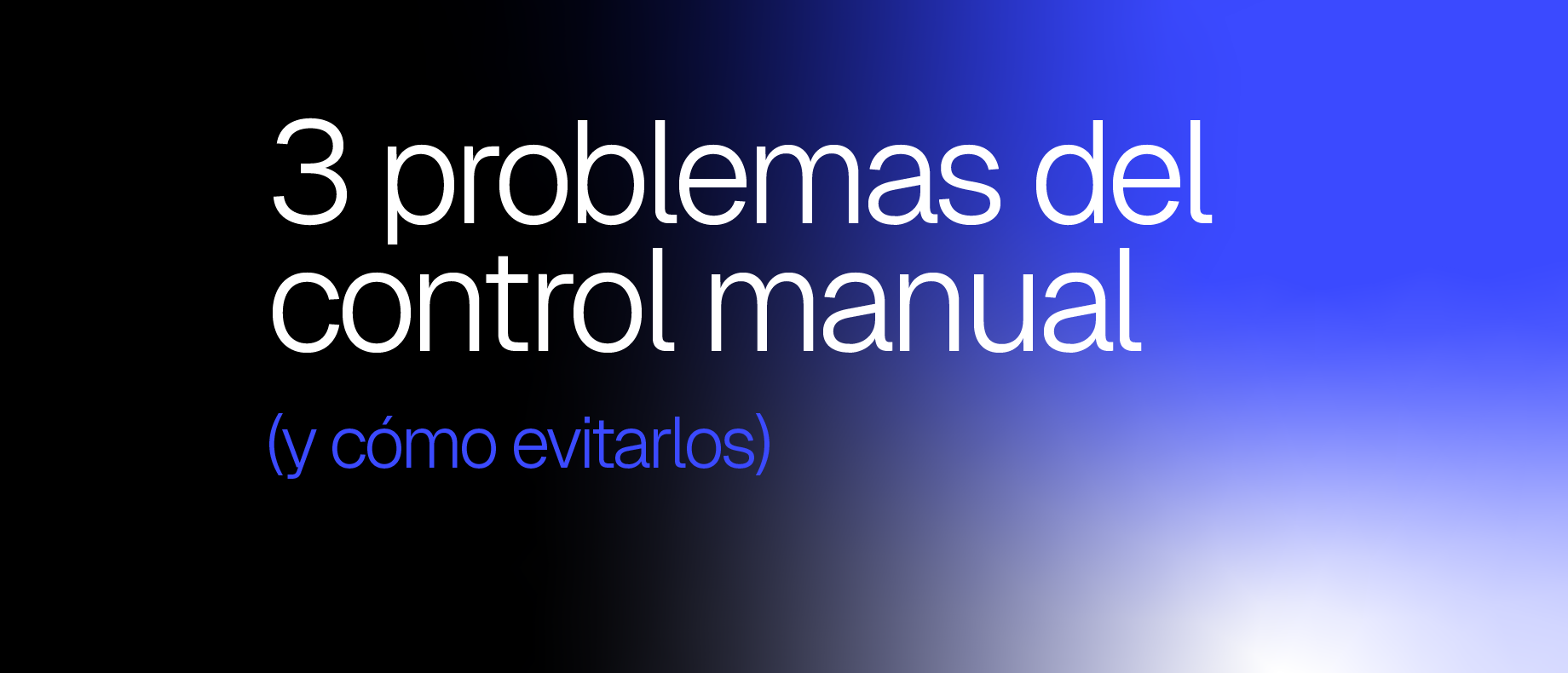
Pinsos Gòdia: El éxito de la integración y la autonomía tecnológica.
Eliminar el estrés de los viernes, olvidarse de las roturas de stock los lunes y ganar en seguridad. Pinsos Gòdia, líder en integración vertical, explica cómo la digitalización ha transformado su gestión de inventario. Han conseguido una reducción drástica de stock innecesario y han liberado al personal de granja para que se centre exclusivamente en el cuidado de los animales.
¿Te interesa saber cómo centralizaron la autonomía y optimizaron la producción? Lee este caso de éxito.





![[:es]Silometric instalado en una granja[:]](https://mcsystems.es/wp-content/uploads/sites/2/2025/03/FARM-SILOS.webp)

